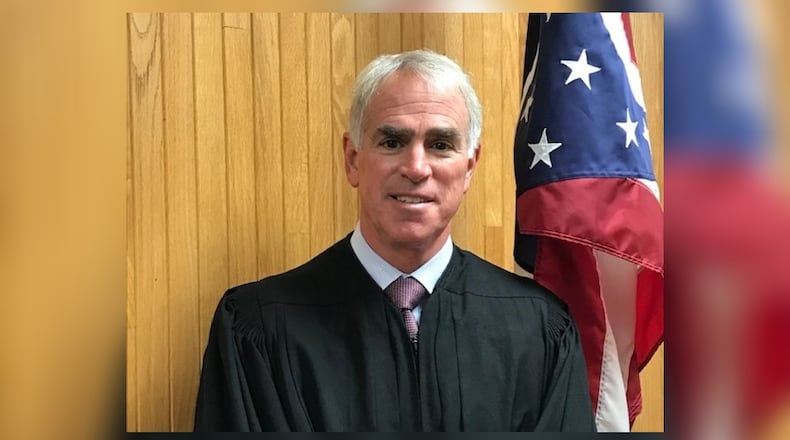While Issue 1 demands the people to answer profound moral questions, it also carries significant legal ramifications as well. At the crux of both is the lingering question which must be answered by each voter: is this “thing” in the womb a “person”? If it is, passage will test our common interests in the consistency, clarity, and fundamental fairness of our rule of law.
For instance, our 14th Amendment to the U.S. Constitution dictates: “Nor shall any State deprive any person of life, liberty, or property, without due process of law…” If passed, Issue 1, for the first time in our state’s history, would enshrine in Ohio the right of one person to take the life of another person. There would be no judicial review. Even the common law right of self-defense is not so specifically protected. How will this apparent conflict be resolved?
If passed, Issue 1 would alter the relative rights between the biological father and mother, and also the rights of parents with respect to their minor children. For example, a biological father married to the biological mother, would have no standing to prevent his wife from having an abortion two weeks before the delivery of the “thing”. And parents would have no right to prevent their minor child from aborting their grandchild. Indeed, the parents would no longer have a right to withhold consent or even be notified of their child’s circumstances. The State does not confer such deference to a minor with respect to voting, driving, or the use of alcohol.
If passed, Issue 1 would permit abortions “at any stage” of the pregnancy. Query? At what moment of the birth does the pregnancy end? And is it legally workable to assign the protections of the constitution to a baby born, and in the arms of the mother, but not to that same baby moments beforehand? That is, will it be legally sufficient to deny that baby the status of personhood solely because of the veil of the womb? Or will we be creating a legal fiction — much like that created when slaves were accorded the standing of 3/5ths of the person of their owner? Legal fictions historically do not end well.
Societies are often judged by how they treat their most vulnerable citizens. In Ohio, we have accorded special protections and assistance for the intellectually disabled, the elderly, and children. If passed, Issue 1 would accord fewer rights to this “thing” than those given to a convicted serial killer. Moreover, do we invite what in legal parlance is referred to as a “slippery slope?” That is, once a mother may dispose of the “thing” inside her — if it be a person — how long before we permit the like disposal of a disabled child, or person suffering from dementia?
So here’s the thing about this “thing”: if it is not a “person”, than, by all means, we should feel free to dispose of the thing as an inconvenient wart. But, if it is a “person”, then with passage of Issue 1, we will invite a number of significant legal problems into our State. Issue 1 describes the “thing” as an “unborn child.” So, is it a person or not? Our children, and children’s children, will face the legal consequences of our answer to this question.
Richard Carey is the Judge of the Probate Court of Clark County, Ohio. He does not handle any cases which involve abortions in the probate court.
About the Author
